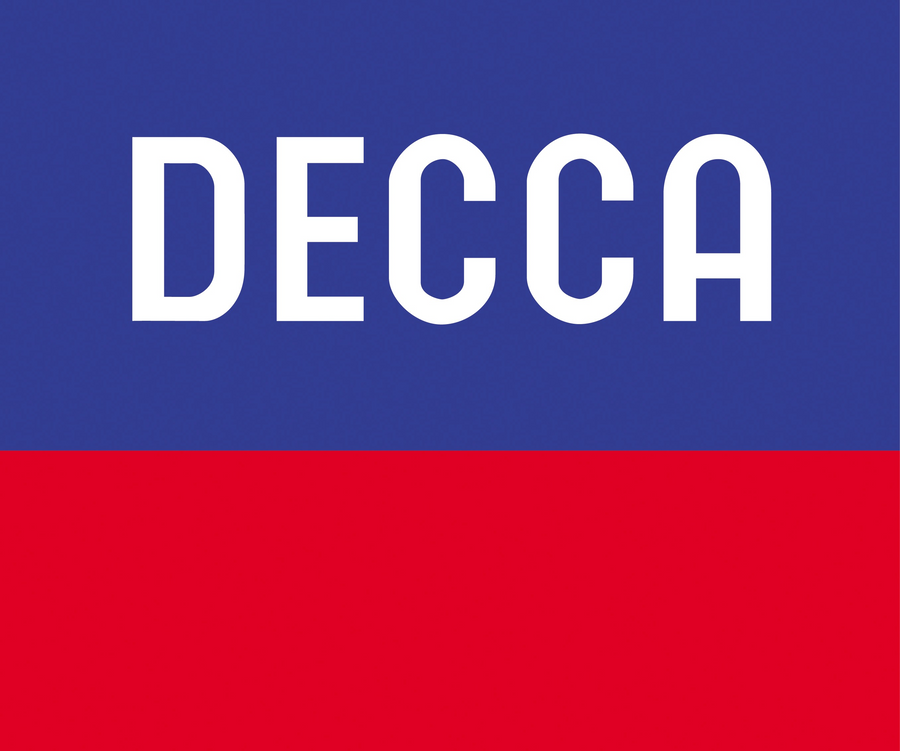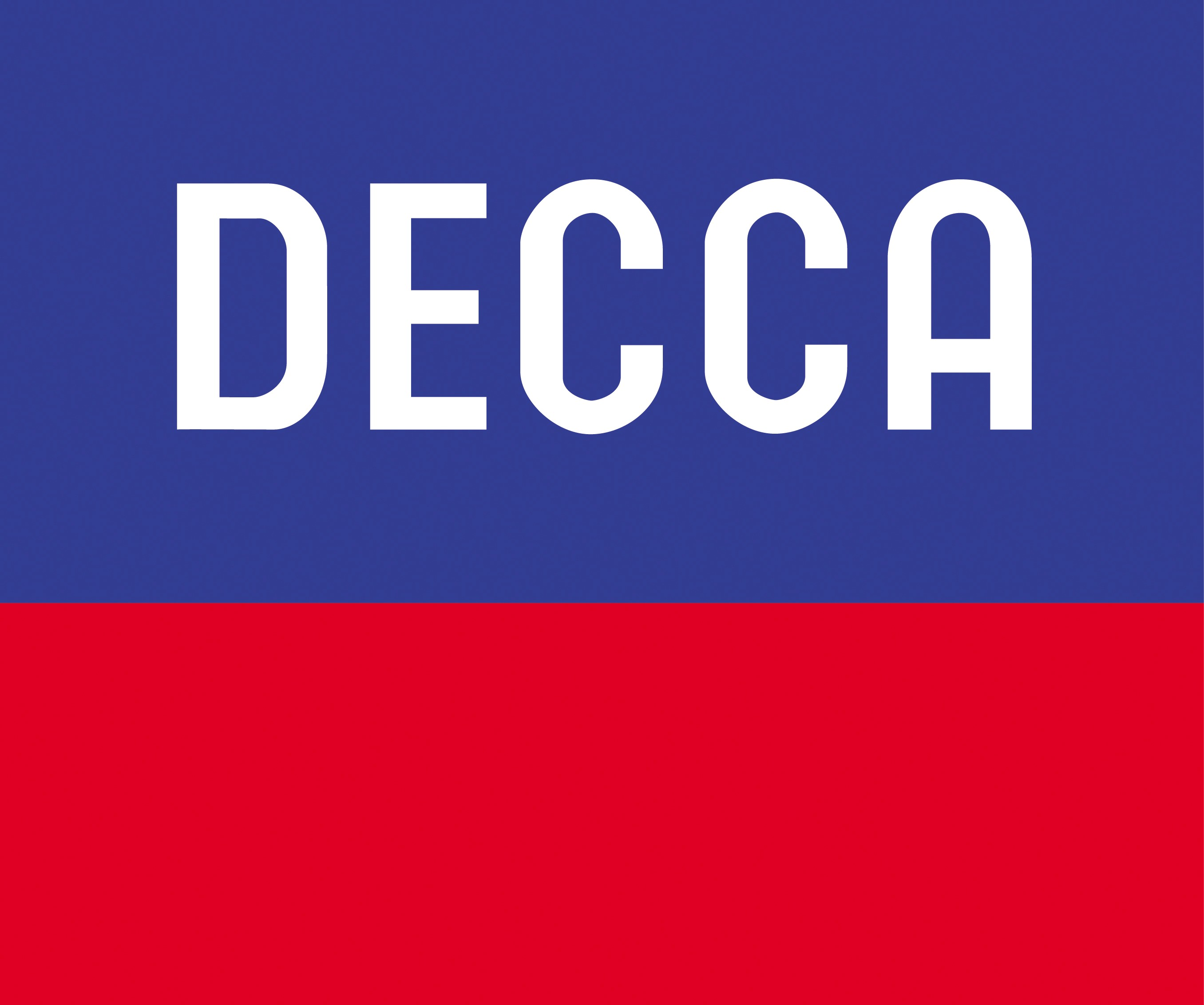- Artist:
- Benjamin Britten
War Requiem: 2SACD Mediabook
Release date: 3 November, 2023
Hybrid SACD Edition presenting 24-bit audio.
Lavishly illustrated and documented soft cover book, housed in a deluxe rigid slipcase, presenting:
- An introduction and technical note on the new transfers and HD remastering by Decca Classics Label Director & Reissue Producer Dominic Fyfe, including reminiscences from three of the 1963 Decca recording crew
- Excerpts from John Culshaw’s 1981 autobiography Putting the Record Straight about the making of the recording
- A facsimile of the original 1963 booklet with texts, translation, and John Culshaw’s commentary
- Original session photographs and recently discovered curios including a facsimile of John Culshaw’s producer scor
November 1940, in an act of wartime aggression, Coventry Cathedral was raised to the ground and the city decimated. In 1962 attention turned again to war-torn Coventry where in the city's newly built cathedral, Britten’s War Requiem received its symbolic world premiere, commissioned for the its reconsecration. In his deeply moving score, Britten set the entire text of the Latin Requiem Mass and interpolated nine of Wilfred Owen’s harrowing poems from the trenches. Britten organised the performers into three distinct but overlapping groups: full orchestra, chorus and soprano soloist for the Latin texts; a chamber ensemble with tenor and baritone soloists for Owen’s verses; and a distant boys’ choir; His choices for the three soloists were laden with deep meaning: the British tenor Peter Pears; the German baritone Dietrich Fischer-Dieskau; and the Russian soprano Galina Vishnevskaya (who was ultimately barred by the Soviet regime from traveling to England for the premiere, and was replaced at less than two weeks’ notice by Heather Harper) to represent reconciliation between the three front-line casualties of 20th-century European conflict. Notwithstanding a few bumps, the impact of the performance spread immediately and critical reaction created momentum for a commercial recording.
Recorded between January 3 and 10, 1963, in London’s Kingsway Hall by Decca’s ‘dream team’ of producer John Culshaw and engineer Kenneth Wilkinson, Britten’s ideals were achieved when the provincial forces in Coventry were replaced by the London Symphony Orchestra and Chorus, the Bach Choir (trained by David Willcocks), and the boys of Highgate School. The Melos Ensemble returned, and one year after the premiere, the triumvirate of soloists, Britten had written The War Requiem for were united, with Britten conducting the performance.
BENJAMIN BRITTEN (1913–1976)
War Requiem, op. 66
Galina Vishnevskaya soprano
Peter Pears tenor
Dietrich Fischer-Dieskau baritone
The Bach Choir & London Symphony Chorus
Chorus master: David Willcocks
Highgate School Choir
Director: Edward Chapman
Simon Preston organ
Melos Ensemble
London Symphony Orchestra
Benjamin Britten
Hybrid SACD 1
I. Requiem aeternam
1. a. Requiem aeternam Chorus
2. b. What Passing Bells for These who die as Cattle? Teno
rII. Dies irae
3. a. Dies irae Chorus
4. b. Bugles Sang, Saddening the Evening Air Baritone
5. c. Liber Scriptus Soprano
6. d. Out there, We've Walked quite Friendly up to Death Tenor & Baritone
7. e. Recordare Jesu pie Chorus
8. f. Be Slowly Lifted Up Baritone
9. g. Dies irae Chorus
10. h. Lacrimosa dies illa Soprano & Chorus
11. i. Move Him into the Sun Tenor
III. Offertorium
12. a. Domine Jesu Christe
13. b. So Abram Rose, and Clave the Wood
IV. Sanctus
14. a. Sanctus Soprano & Chorus
15. b. After the Blast of Lightning from the East Baritone
V. Agnus Dei
16. One ever Hangs Where Shelled Roads Part Tenor & chorus
VI. Libera me
17. a. Libera me, Domine Chorus
18. b. It Seemed that out of Battle I Escaped Tenor
19. c. Let Us Sleep Now ... In Paradisum Baritone, Tenor, Boys, Soprano & Chorus
HYBRID SACD2
Rehearsing War Requiem
*These recordings were made using the courtesy microphone by the conductor’s Podium and a microphone in the producer’s control room. Hence the sound is mono.
1. Requiem aeternam Rehearsal
2. Dies irae Rehearsal of the opening section
3. Dies irae Discussion in the control room between Britten and Galina Vishnevskaya (via her interpreter), then between John Culshaw and Galina Vishnevskaya
4. Dies irae Rehearsal of end of movement
5. Offertorium Rehearsal
6. Sanctus Rehearsal
7. Sanctus Discussion in the control room between Britten and Galina Vishnevskaya (via her interpreter)
8. Agnus Dei Discussion in the control room between Britten, Peter Pears and John Culshaw
9. Libera me Discussion in the control room between Britten and John Culshaw
10. Libera me Rehearsal
11. Libera me Rehearsal of closing page
12. Closing remarks
- Formats:
- SACD

